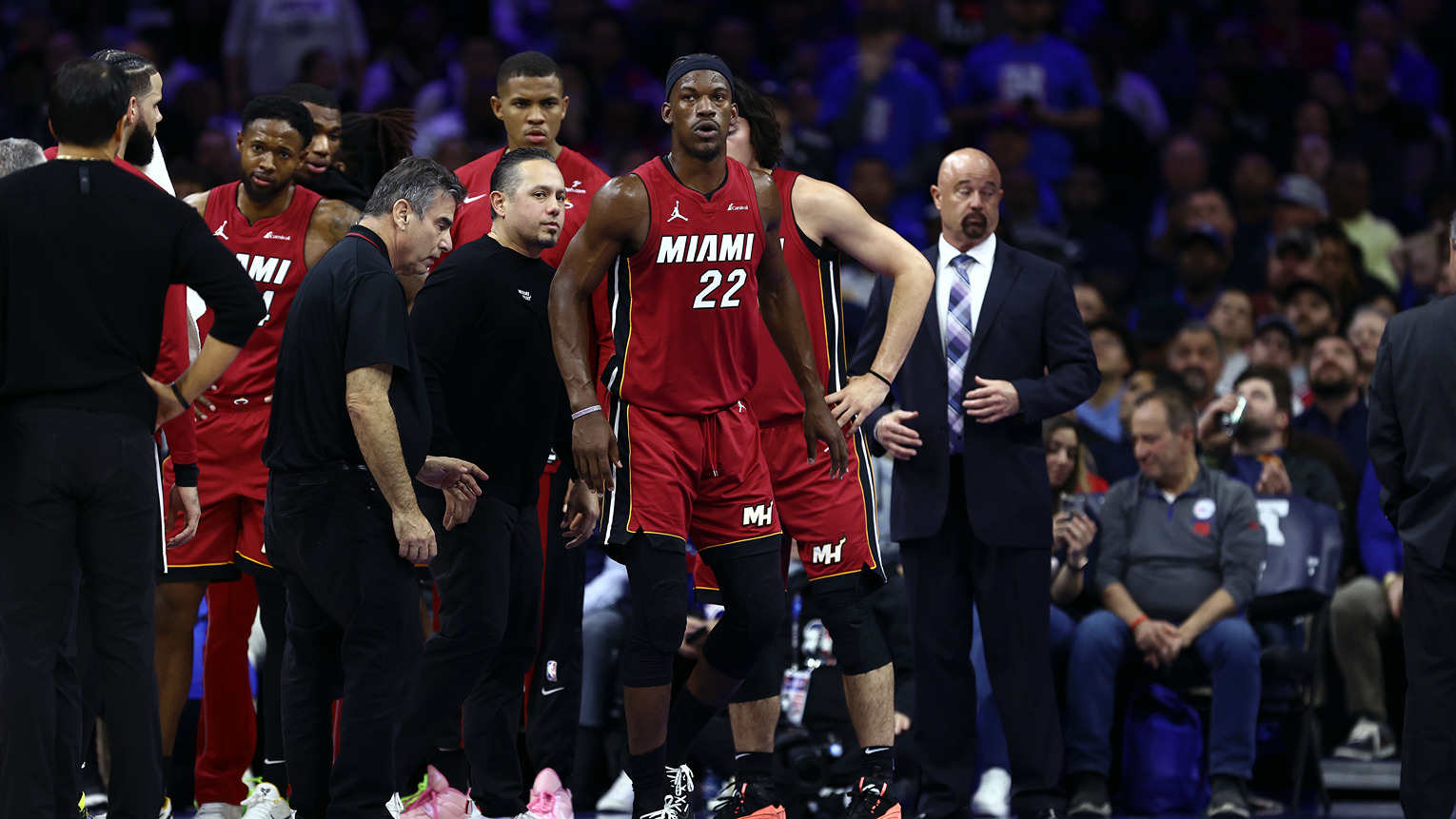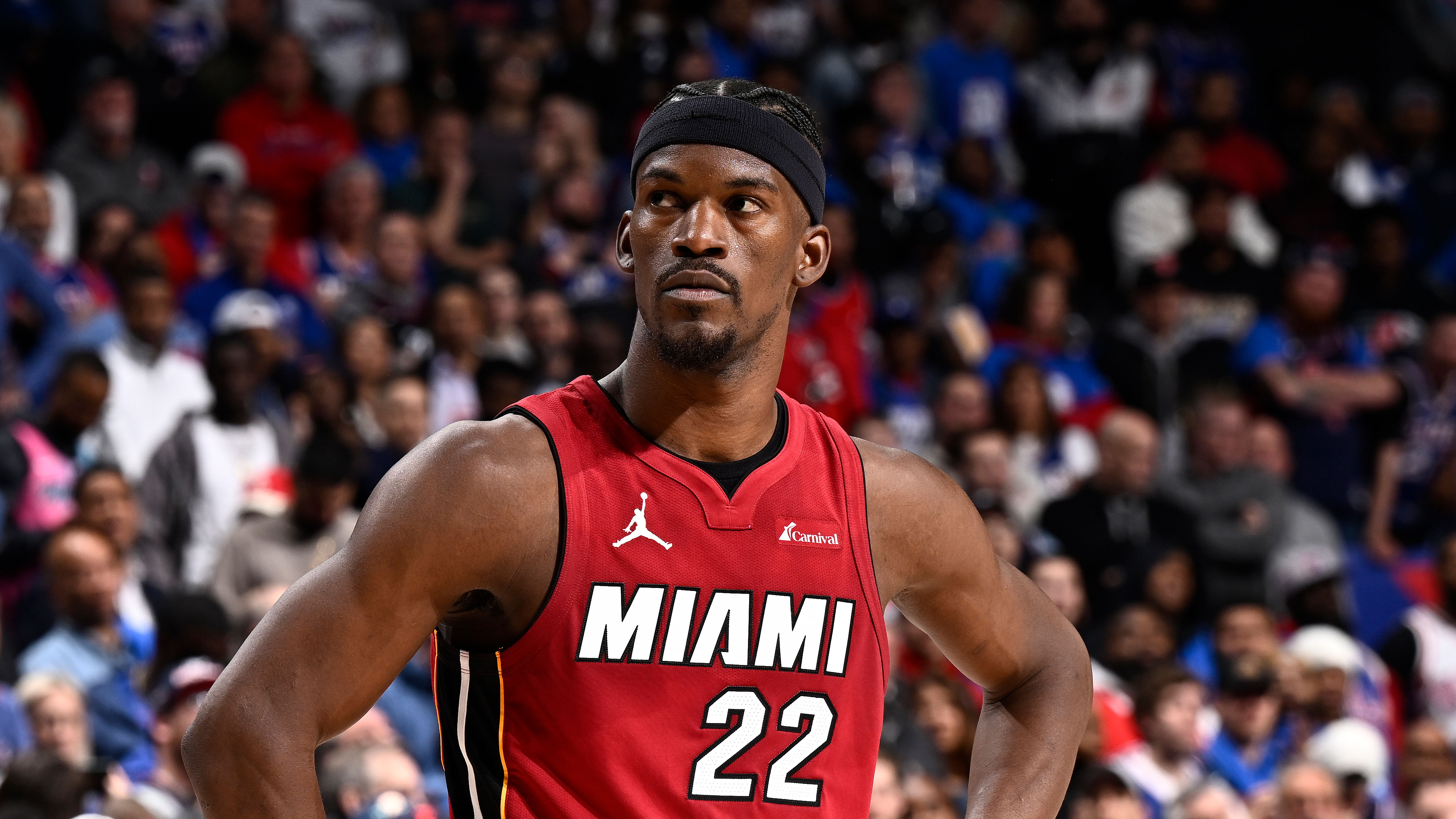As recently as December, Bryan Colangelo insisted the Sixers would not trade one of their centers just for the sake of clearing up the logjam in the club's frontcourt. "I will not make a bad deal for this organization," the general manager said.
What changed in the past two months?
On Thursday, Colangelo sent Nerlens Noel to the Dallas Mavericks for a conditional first-round draft choice that in all likelihood will become a pair of second-round picks; Justin Anderson, a second-year prospect with nowhere near Noel's upside; and Andrew Bogut, who may never even wear a Sixers uniform (perhaps the best case scenario, in all honesty). This is an objectively bad deal for the Sixers!
Sure, there are numerous explanations for the disappointing return on Noel. The NBA is well aware the Sixers have too many centers, so Colangelo was bargaining from a position of weakness. The Sacramento Kings didn't do the Sixers any favors, either, by woefully short-changing themselves in the DeMarcus Cousins swap. And Noel will be a restricted free agent come July, creating the kind of uncertainty that tends to hurt value.
Yet none of those excuses justifies Colangelo's decision, and the reason is very simple. There was absolutely nothing compelling the Sixers to make this move right now.
If Noel wasn't gone at the trade deadline, then what? They risked losing him in free agency and winding up with nothing in return.
First, to that argument, the return the Sixers did get on Noel feels like nothing. Even a top-18 protected pick isn't much of an asset to the franchise at this point, while two seconds are essentially meaningless. Bogut is, too, for that matter. Anderson is not without some promise, although his ceiling probably isn't as high as Noel's floor.
Philadelphia 76ers
Complete coverage of the Philadelphia 76ers and their rivals in the NBA from NBC Sports Philadelphia.
Nothing the Sixers accomplished here is going to help the team win a championship.
Of course, the fear that Noel would walk away and leave the Sixers with empty pockets is built on something of a faulty premise to begin with. That was only one potential outcome.
One possibility was also to make an actual attempt to re-sign Noel long-term. Another possibility was matching an offer sheet if those efforts ultimately failed. Another outcome still was a tepid market forcing him to accept the Sixers' one-year qualifying offer.
By doing literally any of those things, the Sixers could have traded Noel at a later date. Even if Colangelo already determined the 22-year-old was not going to be part of the future, he could have waited to see if a better offer would materialize at a later date.
Any number of components would have changed over time. The Sixers could've dumped Jhalil Okafor, creating room in their frontcourt and restoring the organization's bargaining power in the process. The market would've had a chance to reset after the disastrous Cousins trade made moving bigs for any semblance of value next to impossible. By merely holding on to Noel, the Sixers could've created the perception they just may want to keep him around, allowing the front office to raise the asking price.
An injury to a key player could've driven up Noel's value for a desperate team. His own development might've made him a more attractive piece around the league. Who knows, maybe Colangelo would've come to appreciate Noel's role with the Sixers in the meantime - just saying.
Would there be risks involved with that approach?
Not any greater than the risk of getting fleeced.
There's little doubt that if Noel went on to sign an offer sheet in July and the Sixers didn't match, the organization would be facing backlash as a result of that turn of events as well. While it's a little difficult to accept that could've transpired, we can't pretend the scenario didn't exist.
Regardless, trading Noel for this package feels like a give-up move on the part of Colangelo. It seems like exactly the thing he promised he wouldn't do, which was move one of the Sixers' centers purely because they have too many.
To make matters worse, the timing of all of this suggests Colangelo allowed the trade deadline and Noel's status as an impending restricted free agent to dictate his decision-making, which is a sin far greater than simply making a bad deal.
That's the sign of a bad process.



